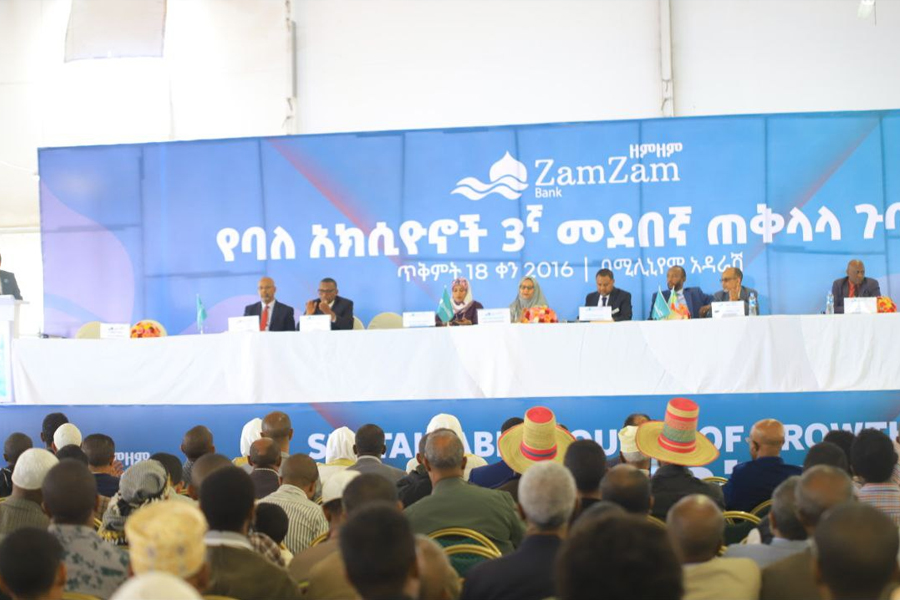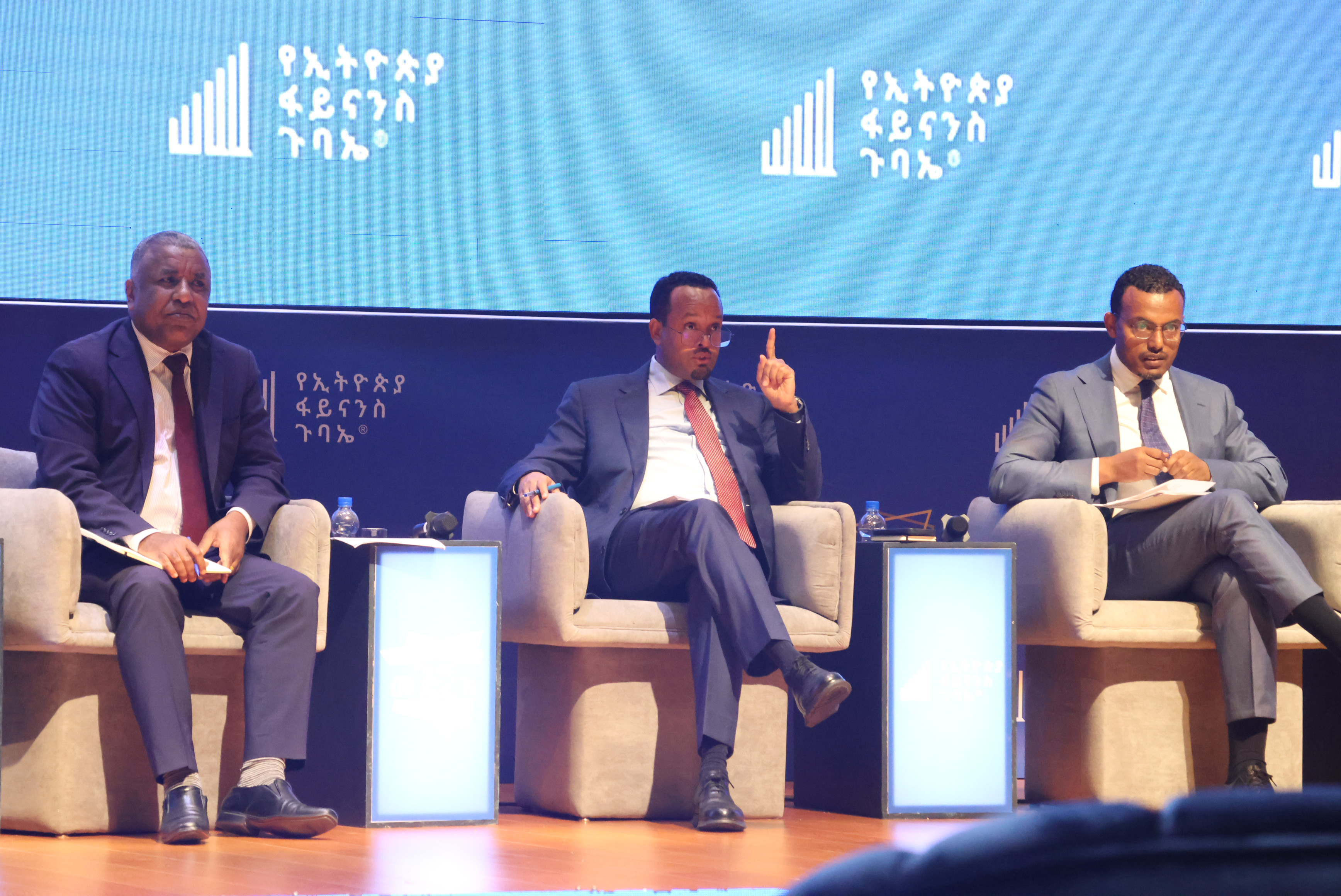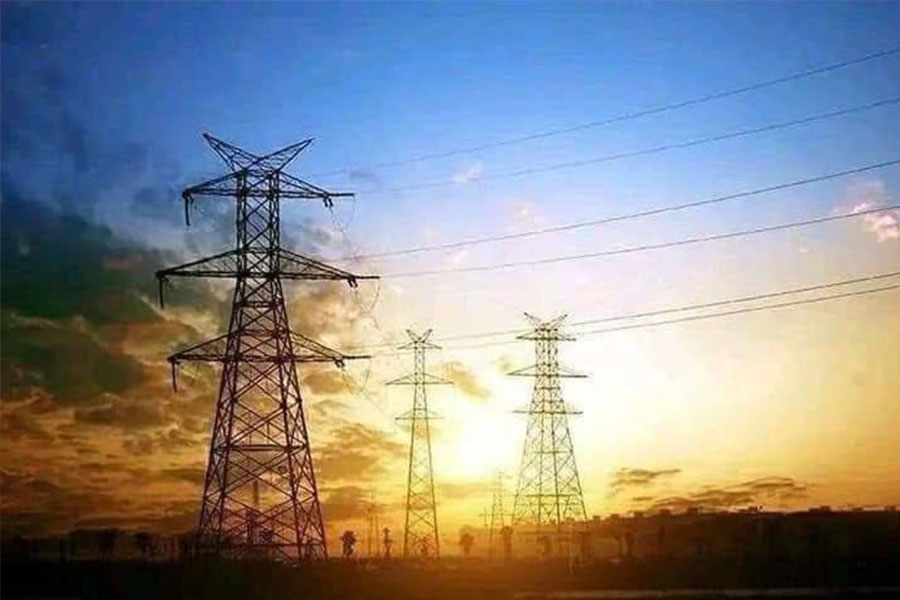
Editorial | Sep 17,2022
Dec 4 , 2021
By TSION HAILEMICHAEL ( FORTUNE STAFF WRITER )
A registration for over 72,000 parcels of farmland in the Southern Regional State was completed recently, paving the way for the second-level land certification programme that first appeared in the regional state in 2010. Close to 21,000 smallholder farmers in 70 weredas have received landholding certificates in the region thus far. Officials at the Ministry hope to use the information to encourage investment in the agricultural sector.
The land certificates feature primary information about a plot of land – such as GIS coordinates, boundaries, type and use – as well as the landholders. At the national level, around 4.8 million farmers holding 25 million land parcels, with an average unit size of 0.28ht, have been certified in seven regional states since the programme was launched in 2007.
The programme is intended to enhance farm households’ perceptions and confidence in land tenure security, according to Eyasu Elias (Prof.), a state minister for Agriculture. The core objective is improving productivity by facilitating the flow of long-term investment into the agricultural sector, says the State Minister.
One of the registration and certification scheme beneficiaries is Tefera Shibeshi, a farmer in South Sodo Wereda in the Southern region who farms wheat on two hectares of land. Since 2018, Tefera has received credit from Omo Microfinance Institution on three separate occasions against the collateral of the landholding certificate. The latest of the loans came through last month when the financial institution approved 50,000 Br in credit.
“The loans helped me buy irrigation equipment," Tefera told Fortune. "My productivity has increased by more than half since I got access to credit."
Before the loans, Tefera harvested a maximum of 36qtl from his land.
Such a programme benefiting close to five million farmers across the four regional states is not the first of its kind in the country. In the six years beginning in 1997, Ethiopia implemented one of Africa's most extensive land certification programmes. Although 98pc of farm households in the Tigray, Oromia, Amhara and Southern regional states received certifications, this could not improve the tenure security of smallholder farmers and encourage long-term investments.
For a predominantly agrarian country like Ethiopia, the land is the major means of production and livelihood. The agricultural sector is the primary source of income for nearly 80pc of the population, while its contribution to the gross domestic product (GDP) stands at 35pc. Nineteen million agricultural households farm 22.8 million hectares of land, with an average holding size of 0.84ht. Close to 30pc of small-scale farmers possess less than a hectare of farmland.
The use of agricultural inputs such as fertilisers, improved seeds, and pesticides as well as technologies has remained insignificant, says Simieneh Bessie (PhD), partnership and communications director at the Ethiopian Economics Association (EEA).
“Although some improvement has been exhibited in agricultural productivity, the improvement was trivial compared with the rapid population growth,” he said.
Agricultural productivity has been growing at a snail's pace. Last year's mehir season saw 341.8 million quintals of crops harvested, which exhibited a 68pc increase compared to a decade ago when the certifications schemes began. However, the figure is barely three percent higher than what was harvested last year.
“The first programme helped create standardised land registration and certification systems,” says Abebaw Abebe, a property law expert at the Ministry of Agriculture, a federal agency overseeing the land registration and certifications programmes.
Experts like Simeneh contend that these achievements mean little without addressing flaws in the regulatory environment, which he says are part of the failure. Until 2005, rural land was governed by a law introduced in 1987 that prevented smallholder farmers from using their land as collateral to access credit for farm investments. The law limited productivity gains and discouraged investment flow, according to Simieneh.
However, Eyasu says the law helped contain disputes among farmers over boundaries.
The law was amended to facilitate long-term investment by granting landholders leasing rights. The amendment granted regional governments the authority to decide on the duration and size of land to be leased. In Oromia Regional State, landholders have the right to rent out up to half their land for three years. However, the amendment upheld the prohibition on land use as collateral for commercial loans.
“The programme failed to address one of the major obstacles for smallholder farmers – access to credit,” said Simieneh.
In 2014, the UK's Department for International Development (DFID) helped the Ministry launch a Land Investment for Transformation project, providing 62.8 million pounds sterling. The six-year project was intended to improve land tenure security and address the challenges faced by rural landholders. The loan schemes from microfinance institutions (MFIs) were the only source of formal credit for smallholder farmers, an assessment conducted by a US-based consulting firm, Nathan Associates, hired by DFID for the execution of the project, discovered.
Up to 70pc of farmers who required credit were accessing it from moneylenders.
A new credit product was introduced in 2016, allowing landholders to access credit from microfinance institutions using land certificates as a form of guarantee. Tefera was one of these farmers who received loans from Omo Microfinance Institution. Omo is only one among several such institutions on the frontline of providing finance to smallholder farmers. Agar Microfinance Institution also gives credit to landholders in the Southern Regional State. These two institutions have disbursed close to 103 million Br thus far.
“Close to 60pc of the loans have been repaid," said Mohammed Nurfaris, deputy head of the rural land administration bureau of the Southern Region State.
Farmers like Tefera feel the pressure from a rapidly increasing lending interest rate jumping by four percentage points from 18pc when he first took the loans.
Mohammed attributed this to the high-risk microfinance institutions are taking. However, the absence of a legal framework that allows landowners to use their land as collateral is the root cause of the high-interest rates, according to Semieneh.
Regional governments are adopting more relaxed laws governing rural land use. In 2017, the Amhara region introduced a law allowing landholders to use their certificates as collateral for accessing credit. Two years later, the central bank issued a directive letting farmers' produce be presented as collateral to access credit.
The federal government is also moving in the same direction. Last year, an amended proclamation that governs rural land use was tabled to the Council of Ministers.
“We're hoping it will be approved soon,” says Abebaw.
PUBLISHED ON
Dec 04,2021 [ VOL
22 , NO
1127]

Editorial | Sep 17,2022

News Analysis | Nov 11,2023

In-Picture | Jul 27,2025

Fortune News | Nov 07,2020

Radar | Feb 04,2023

Radar | Apr 13,2025

Fortune News | Jul 06,2019

Radar | Jun 21,2025

Fortune News | Apr 26,2025

Viewpoints | Sep 14,2024

Dec 22 , 2024 . By TIZITA SHEWAFERAW
Charged with transforming colossal state-owned enterprises into modern and competitiv...

Aug 18 , 2024 . By AKSAH ITALO
Although predictable Yonas Zerihun's job in the ride-hailing service is not immune to...

Jul 28 , 2024 . By TIZITA SHEWAFERAW
Unhabitual, perhaps too many, Samuel Gebreyohannes, 38, used to occasionally enjoy a couple of beers at breakfast. However, he recently swit...

Jul 13 , 2024 . By AKSAH ITALO
Investors who rely on tractors, trucks, and field vehicles for commuting, transporting commodities, and f...

Nov 1 , 2025
The National Bank of Ethiopia (NBE) issued a statement two weeks ago that appeared to...

Oct 25 , 2025
The regulatory machinery is on overdrive. In only two years, no fewer than 35 new pro...

Oct 18 , 2025
The political establishment, notably the ruling party and its top brass, has become p...

Oct 11 , 2025
Ladislas Farago, a roving Associated Press (AP) correspondent, arrived in Ethiopia in...